It is not uncommon to hear from a Pastor that their lifelong journey has been intertwined with attending church. Such is the case for me, yet what distinguishes my experience is the privilege of immersing myself in various denominations and diverse congregations over the years.
Throughout my formative years, my mom ensured that my brother and I were active participants in the life of the church. Our commitment extended to Sunday mornings, Sunday evenings, and Wednesday evenings, a practice that aligned with the age-old adage of attending whenever the doors were open. This sentiment encapsulated our childhood reality.
I can remember vividly the different churches we attended, and there were several of them. I remember the Assemblies of God church, its sanctuary blessed with refreshing air conditioning on sweltering summer mornings and its drinking fountain dispensing the most refreshingly chilled water.
Recollections of the Church of God come to mind – a congregation characterized by its warmth and amiable demeanor, where the Pastor emanated authenticity and genuine care.
Our family's spiritual journey saw us traversing from one church to another, occasionally embarking on journeys beyond our town's borders to visit a mega-church. The allure of these visits remains somewhat mysterious; perhaps they featured a special guest speaker or some other unique aspect.
Once I obtained my driver's license, a newfound freedom afforded me the liberty to choose my place of worship. Consequently, for a considerable stretch, I found myself alternating between two distinct churches every Sunday – a strange choice that even I, in hindsight, struggle to fully comprehend.
The wealth of experiences across different churches and denominations holds significant value in my heart. I have borne witness to awe-inspiring occurrences within these hallowed halls, encountered remarkable individuals, and immersed myself in an eclectic array of musical genres during worship. Among these experiences, I've witnessed individuals speaking in tongues, being moved by the spirit, engaged in joyful dance, or preferring a more stoic demeanor. Acts of unparalleled generosity, profound love, and earnest efforts to emulate the teachings of Jesus have left an indelible mark on my soul.
Now, at the age of 38, I find myself blessed with the autonomy to choose my place of worship. Naturally, as a Pastor, this choice bears a distinct facet compared to the typical congregant. Nonetheless, through discernment, I've come to realize that my choice hinges fundamentally on theology. While I can engage wholeheartedly in worship across diverse musical styles, my presence within a church community hinges crucially upon shared belief systems.
One of my pastoral frustrations lies in the observation that many individuals tend to overlook or disregard the theological underpinnings of their chosen church. Often, as long as the music resonates, the coffee is fresh, the children's ministry is relevant, and there are friends to worship with, these aspects suffice.
However, I challenge you to consider otherwise. The beliefs that shape a church – and subsequently, your spiritual journey – hold unparalleled significance. It is my assertion that what you believe, along with what your chosen church believes, truly MATTERS.
With that in mind, I invite contemplation of your own beliefs and non-negotiable convictions. Allow me to share a few of mine:
1. **Valuing Children's Emotional Well-Being:** Central to my convictions is the recognition that children must be nurtured with theology that champions love, kindness, and basic moral values. Avoiding fear-based or guilt-inducing narratives is paramount, as these can lead to unnecessary anxiety and negative emotional associations with faith. Fostering a child's emotional well-being and self-esteem necessitates a theology centered around compassion, forgiveness, empathy, and the core teachings of Jesus.
2. **Empowering Women's Ministry:** Within the ecclesiastical realm, my belief system is anchored in the empowerment of women across all facets of ministry. Rejecting traditional roles confined to the kitchen, nursery, or children's teaching, I advocate for women's equal participation. Their contribution is vital and should span every sphere of service as they are called by God. The sight of strong women assuming roles as deacons, elders presiding at the table, and ministers proclaiming a bold word from God.
3. **Welcoming LGBTQIA+ Inclusivity:** My firm conviction extends to the unconditional and full embrace of LGBTQIA+ individuals within the church's fold. Any exceptions to this inclusive principle are incongruous with the affirmation that "all are welcome." While numerous churches adopt a broad welcome, certain limitations – often undocumented – exclude LGBTQIA+ individuals from baptism, ministry, or marriage. The church I serve and attend has been steadfast in its efforts to ensure that when we say "ALL," we unequivocally mean ALL.
I am profoundly grateful to serve a church community that aligns with these convictions. Even more, I’m thrilled to be a part of a denomination that is doing great work in our country, and around the globe. I’m proud to call myself a Disciple.

